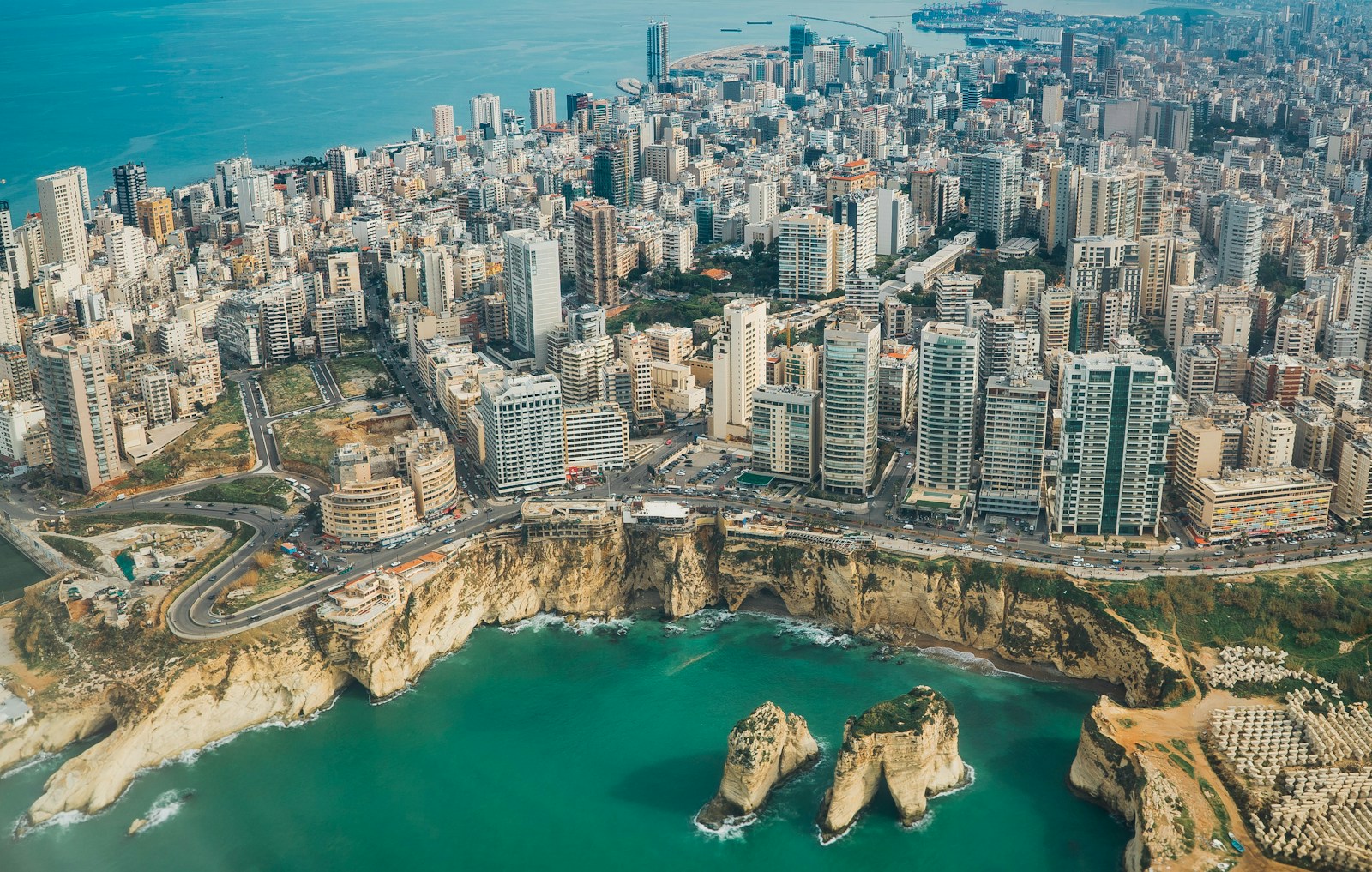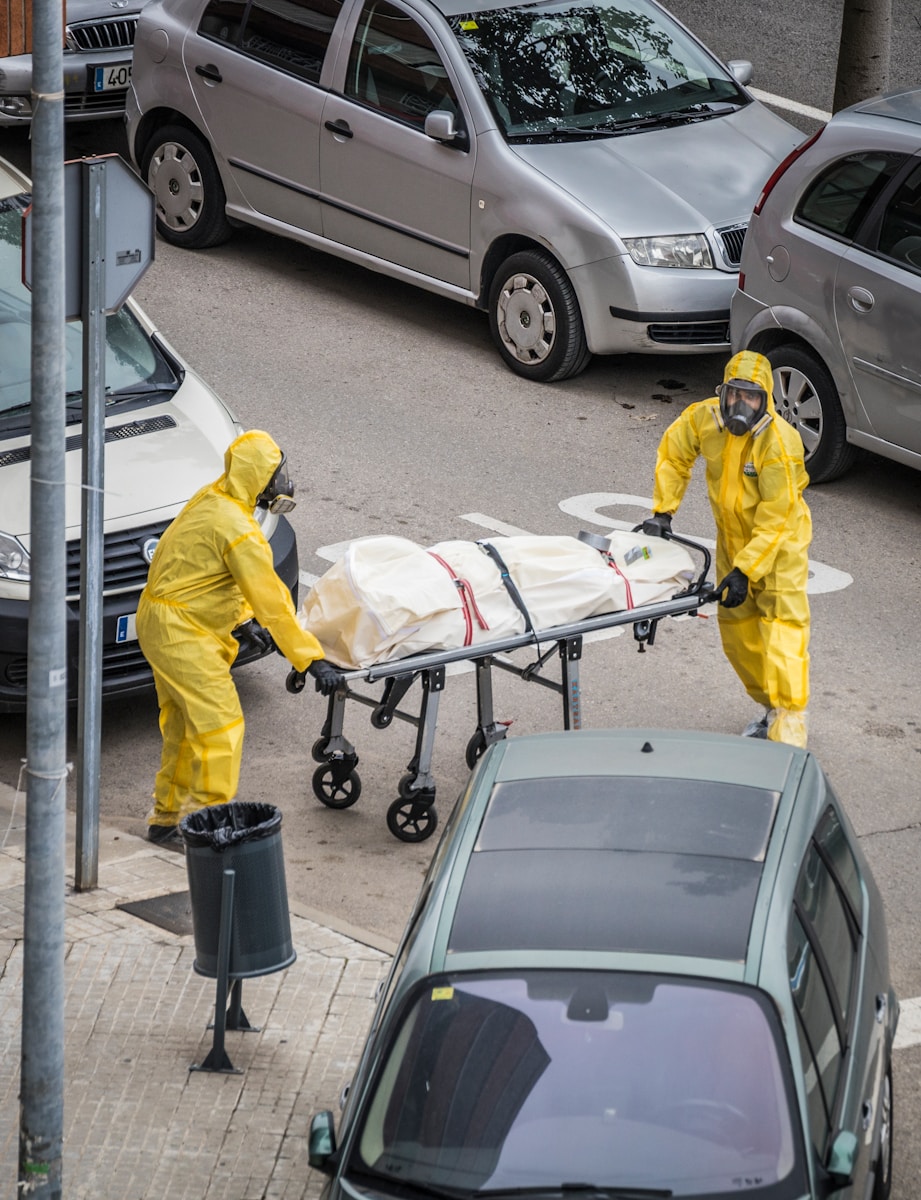Strengthening Lebanon’s Security Forces: 1 Path Towards More Effective Policing Amidst Crisis
Lebanon’s security agencies have long faced significant challenges, but the ongoing political, economic, and social crisis has placed them in an even more precarious position. As the country grapples with mounting instability, these agencies, tasked with maintaining law and order, find themselves under more pressure than ever before. Effective policing is vital to ensure public safety, yet Lebanon’s security forces are struggling with limited resources, outdated equipment, and weakened morale. To restore trust and efficiency, substantial reforms are needed to bolster the capabilities of these embattled institutions.
The Current Crisis and its Impact on Policing
Lebanon has been suffering from a multifaceted crisis for years, marked by political gridlock, economic collapse, and increasing social unrest. The aftermath of this turmoil has led to widespread poverty, inflation, and a lack of basic services. In this climate of uncertainty, Lebanon’s security agencies, which include the Lebanese Army, Internal Security Forces (ISF), and other law enforcement bodies, have become overextended and underfunded. Their ability to maintain order and provide adequate security has been severely hampered.
Many of these institutions are operating with outdated equipment, insufficient training, and a lack of support from the state. As a result, the security forces are struggling to respond effectively to the growing violence, criminal activities, and civil unrest sweeping across the country. This is especially concerning as Lebanon faces a rise in sectarian tensions and political violence, which further complicate the role of the police and security agencies.
The Need for Modernization: Equipping the Forces for the Future
To effectively address these challenges, Lebanon’s security forces must undergo a significant overhaul. Modernizing equipment, improving training programs, and integrating new technologies into law enforcement practices are crucial steps toward restoring the credibility of these institutions. In a world where cybercrime, terrorism, and organized crime are increasingly prevalent, traditional methods of policing are no longer sufficient. The Lebanese government and international partners must invest in up-to-date technology, such as surveillance systems, advanced communication tools, and modern vehicles, to support the work of security personnel.
Additionally, providing ongoing training to officers is essential. Given the changing dynamics of security threats, it is vital for the police to be trained in areas such as counterterrorism, cybercrime investigation, and crowd control, among others. International aid and cooperation can play a vital role here by offering expertise and resources that Lebanon’s own budget may struggle to provide. Building capacity through specialized training would not only enhance the effectiveness of the security forces but also help improve their professionalism and the public’s trust in them.
Rebuilding Trust: Strengthening Accountability and Transparency
One of the greatest challenges Lebanon’s security agencies face is the erosion of public trust. Years of political corruption, sectarianism, and human rights abuses have created a climate of mistrust between the police and the communities they serve. To rebuild this trust, there must be a renewed commitment to transparency, accountability, and ethical behavior within the security forces.
Public confidence in law enforcement is critical for effective policing, yet many Lebanese citizens view the security forces with suspicion. Reports of excessive force, political interference, and a lack of accountability have only deepened this divide. To reverse this trend, Lebanon must adopt and enforce stronger measures to hold officers accountable for their actions. Establishing independent oversight bodies, transparent investigations into alleged misconduct, and clear disciplinary actions for violations are essential steps in regaining public support.
Empowering Community Policing: Bridging the Gap Between Officers and Civilians
Another vital aspect of improving policing in Lebanon is the strengthening of community relations. Community policing is a strategy that focuses on building partnerships between the police and local communities. It fosters better communication, trust, and collaboration to address crime and public safety concerns at the grassroots level.
In Lebanon, where many communities are deeply divided along sectarian and political lines, a shift toward community policing could go a long way in reducing tensions and building mutual respect. By prioritizing dialogue with local populations and addressing their specific security concerns, the police can improve their effectiveness and create safer environments for all citizens.
Community policing programs should include neighborhood patrols, youth engagement initiatives, and outreach to marginalized communities. This approach not only helps prevent crime but also improves the perception of the police as protectors of the community, rather than as an occupying force. Strengthening ties between law enforcement and citizens can help foster an environment where the rule of law is respected and upheld.
International Support and Collaboration: A Lifeline for Lebanon’s Security Forces
Given the complex nature of Lebanon’s security challenges, international cooperation and support will be vital in strengthening the country’s policing capabilities. International donors, including the United Nations and Western allies, can play a key role in supporting Lebanon’s security agencies through funding, training, and the provision of technical expertise.
For instance, joint security programs with international forces can provide Lebanese police officers with critical insights into modern policing practices, such as counterterrorism operations, border security management, and anti-drug trafficking strategies. These collaborations can also help Lebanon’s security forces navigate the complex political and sectarian dynamics within the country while still maintaining their commitment to law and order.
Long-Term Vision: Stability Through Reform
Ultimately, the future of Lebanon’s security agencies hinges on systemic reforms and the creation of a long-term vision for national stability. Political will is crucial in ensuring that Lebanon’s security forces are not only equipped to handle current threats but also adaptable to future challenges. This requires strong leadership, consistent investment in security infrastructure, and the establishment of comprehensive strategies for police reform.
Lebanon’s path toward a more secure and stable future is not without its difficulties, but with dedicated efforts toward reform and modernization, the country’s security agencies can emerge stronger. By strengthening their capacity, improving public trust, and fostering cooperation both domestically and internationally, Lebanon can begin to turn the tide on its security challenges.
Conclusion: A Comprehensive Approach to Strengthening Security
Lebanon’s security forces are at a crossroads, with the weight of the ongoing crisis pressing down on their ability to maintain order. Yet, there is hope. By investing in modernization, accountability, and community engagement, Lebanon can build a more effective and responsive policing system that meets the needs of its citizens. With the right reforms, supported by both domestic and international efforts, Lebanon can create a more secure future for its people, one that fosters stability, trust, and resilience in the face of adversity.
For more news: africaheritagevoice.com




